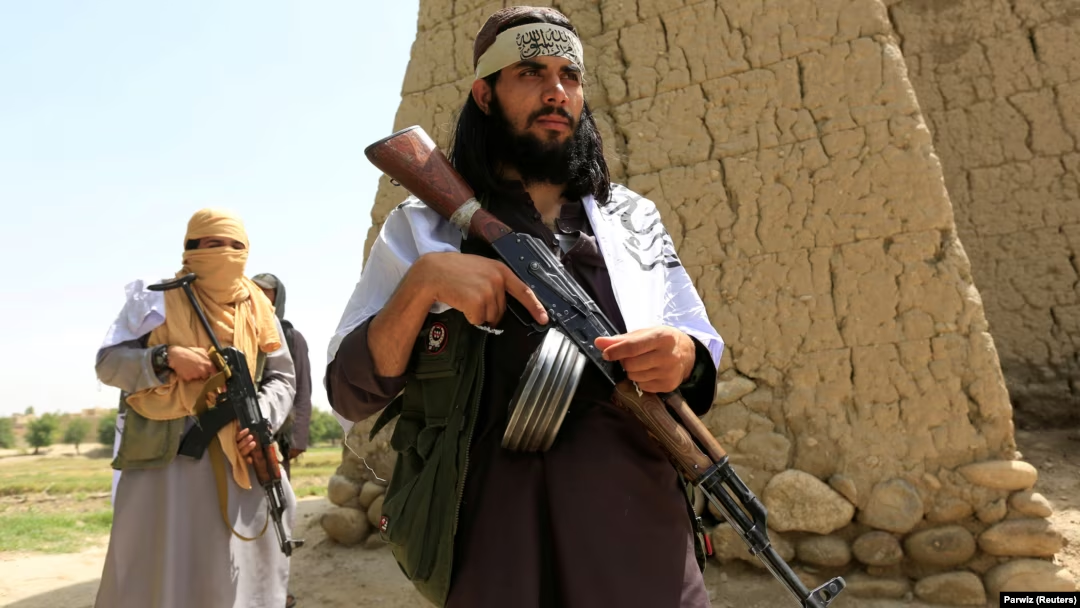For almost two decades, Sirajuddin Haqqani was the face of terror in Afghanistan. As a leader of the Taliban, Sirajuddin Haqqani planned and organised attacks by suicide bombers against American soldiers and Afghan citizens, putting him on the most-wanted list in the United States, alongside a $10 million bounty for his head. However, since the chaotic withdrawal of the United States in 2021, Haqqani has transformed himself into the voice of pragmatic diplomacy and moderation in the Taliban regime by promoting women’s rights and relations with the West.
This makeover draws attention to a power play between him and the ultraconservative emir of the Taliban, Sheikh Haibatullah Akhundzada, whose isolationist policies have kept Afghanistan at arm’s length from the international community.
A Ruthless Insurgent
In a rare interview conducted at an iron-walled mansion outside Kabul, Haqqani spoke candidly about his past as a ruthless insurgent and, perhaps in a surprising turn of events, now about the future he so desperately wants for Afghanistan. Though he spent moments going over his militant days with a kind of nostalgic puzzlement, his attention soon settled on his dream of a peaceful Afghanistan free from war. Now in his 40s, Haqqani presented himself as a statesman, diplomatic and cautious, leafing through a stack of talking points before answering questions on the Taliban’s politics and its foreign relations.
Technical Balance in Power
The surge of the Taliban has exposed some of the deep-seated fissures in its ranks, with Haqqani – seen as being open to reform- contrasting starkly with the hardline edicts of Sheikh Haibatullah. He has been a hard-core ruler, among which is the abrogation of women’s rights to education and employment, decisions that have made Afghanistan an international pariah. Haqqani has advocated for girls’ schooling up to at least sixth-grade school attendance and female workers readmitted to government service to soften the Taliban image and ensure Afghanistan is not entirely boycotted from the rest of the world.
The Taliban have taken back control, and since then, Sheikh Haibatullah has consolidated power as the sole voice on everything in policy and appointments. Voices like Haqqani are nearly relegated to the background. Haqqani’s move to play a more moderate role reflects an appraisal of the technical balance of power in the Taliban. Open dissent would potentially break the movement and plunge Afghanistan into civil war, something that all parties dread.
A Mediator
Another reason for controversy is that Haqqani has also played a mediator role between the Taliban and Western nations. Whereas Sheikh Haibatullah has rejected Western moralities, Haqqani has worn himself out as a bridge and has followed diplomatic means to promote Afghanistan’s status internationally and to get critical aid. Western leaders admit Haqqani has reached out privately to receive normalised relations despite his notorious past of supporting terrorist networks like Al Qaeda.
Pragmatic or Ideological Transformation?
While reformist leanings seem at odds with Haqqani’s brutal past, some view his transformation merely as pragmatic rather than ideological. This is because Afghanistan’s survival largely depends on the global engagement that Haqqani claims he is open to. To others, though, nothing but suspicion seems evident at this moment. That such a “moderate” image is calculated to gain influence and perhaps even supplant Sheikh Haibatullah appears to be what’s on their minds.















